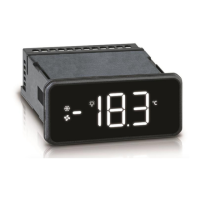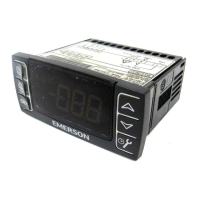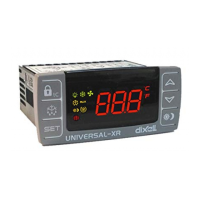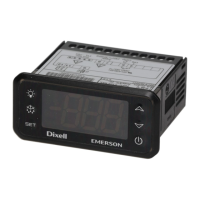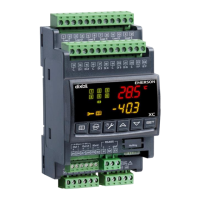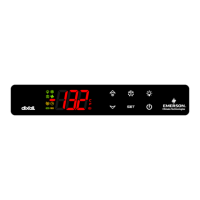User Manual Chapter 12
GFK-1742F Jan 2020
Local Logic Language Syntax 299
12.6 Comparison Operators
The comparison operators form a relational assertion between two operands. The
comparison expression evaluates the conditional based on the operands signed integer
value.
Table 58: Relational Operators
Comparison operators may only be used as expressions in conditional statements, and only
one comparison operator may be used per expression.
IF source1 ComparisonOp source2 THEN
Comparison operators have these parts:
Remarks
The following table contains a list of the comparison operators and the conditions that
determine whether the result evaluates to True or False:
Table 59: Local Logic Comparison Operators
